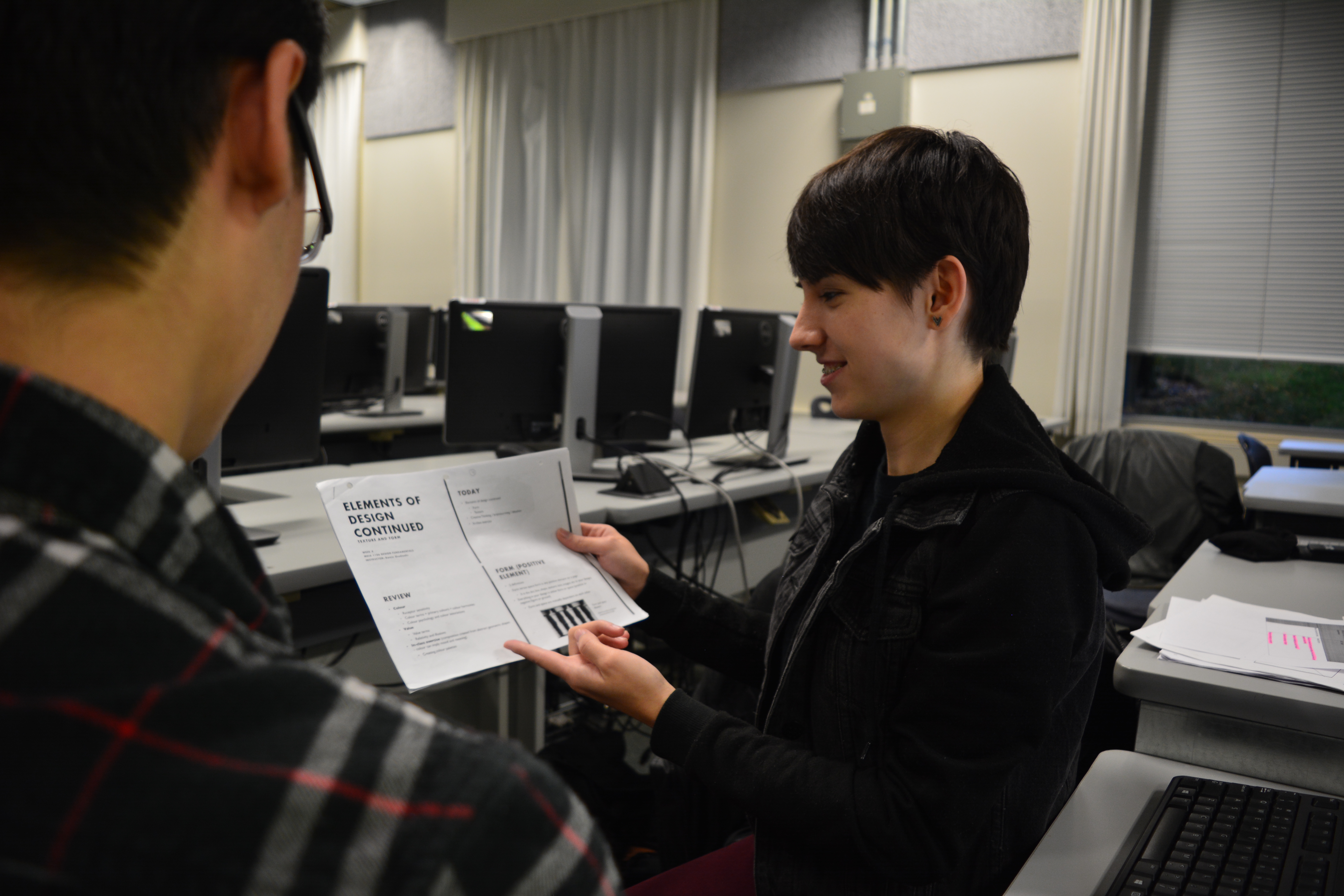5 ways to help you decide a career path

- Don’t sign for a random program
- Take random courses at BCIT to see what you like
- For example take one course from different categories such as:
- Applied and natural sciences
- Business & Media
- Computing & IT
- Engineering
- Health Sciences
- Trades and Apprenticeship
- Once you have looked at each of the courses you have taken from each department, decide which class you enjoy more. Really think about what you can see yourself doing for the rest of your life. It shouldn’t be based on how much money you will make, but what will make you happy in the long run.
- Take a look at that one department and look through the different programs they offer. See what skill you want to improve and what you are excited to learn more of.
- Have a meeting with the program adviser or a knowledgeable person
- The program adviser can help you organize and gather your thoughts as to what you enjoy doing. Such as:
- What program will help let you gain particular skills
- What program line up with what you love to do
- The program adviser can also help you figure out how you can turn your hobbies into an actual career.
- The program adviser can help you organize and gather your thoughts as to what you enjoy doing. Such as:
- Get some work experience before going to school to see what you really like
- Sometimes getting real life experience can really help you decide what you want to do. When you get those real life skills it can help teach you what skills you want to prove on in order to move up in the career industry.
- It’s especially tough once you are right out of high school. Some people know exactly where they are going and others are still deciding on what they want to do.
- Working before you go to school will not only help you realize what you want to study but also help you save up money before school starts.
- Or maybe when you are trying out random courses try having a job on campus or a part time job somewhere.
- Try running your own business
- Learning the hard ways is sometimes the best. You only learn until you really fail multiple times. This doesn’t mean giving 50% or 60% of your energy. This means giving it your 110% and getting out there into the world and starting something you are passionate about. This doesn’t guarantee you will always fail but help you realize what struggles business go through, and help motivate you to keep you going.
- These struggles also help you realize what skills you may be lacking and what you need to learn in school before further persuading your business.
- Work on personal development to understand what your good or bad at
- Write down what skills you already know/have and what you are not good at (be honest)
- Then from looking at the skills you are good at, rate them beginner, intermediate, or advanced.
- From these finding see what you can improve on if you aren’t advanced at it yet.
- Likewise, look at the skills you are bad at.
- See if those skills you are bad at are important skills that you might need later on in life. If you do need them later on in life, it might be a good idea to pick a course that will at least give you a beginner experience of that skill.
- Then from looking at the skills you are good at, rate them beginner, intermediate, or advanced.
- Write down what skills you already know/have and what you are not good at (be honest)
If you have any other suggestions on how to decide on a career path let us know in the comments section!
Hope you all liked this post
–Monika Szucs ♥

Great article! Another resource available to BCIT students and alumni are the Career Services run by the BCIT Student Association. The SA offers a full suite of Career Services for both BCIT students and alumni. Stop by the SA Centre to learn more or go to our website: http://www.bcitsa.ca/careerservices
We offer workshops and one on one support, as well as a variety of tailored events throughout the year. Sign up on Career Track via our website to stay up to speed on what’s going on!